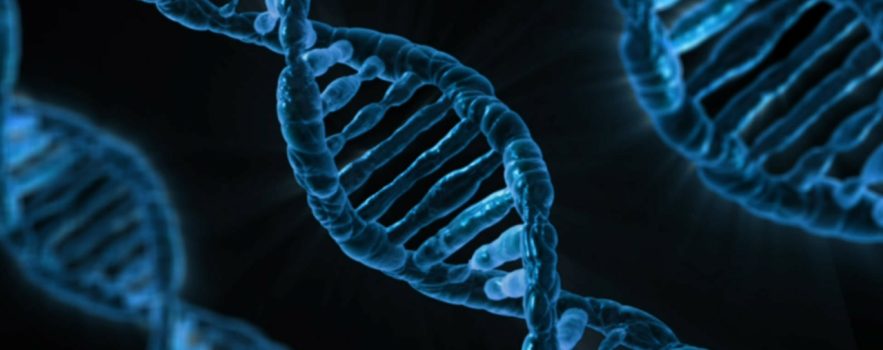A study of over 85,000 men, led by researchers from the Medical Research Council (MRC) Epidemiology Unit at the University of Cambridge and deCODE genetics in Iceland, and published today in Nature Genetics, has uncovered key genetic factors that influence the rate at which men and women lose chromosomes from their cells as they age.
Cells in our body contain 23 pairs of chromosomes, including a pair of sex chromosomes that are either XX in females or XY in males, which contain all of our genes. These cells are constantly dividing to create new cells, an important biological process which can be prone to error. This can result in populations of cells having too few or too many chromosomes, a genetic feature termed aneuploidy. Understanding the biological processes that regulate normal cell growth has important implications for diseases such as cancers, which are underpinned by abnormalities of cell growth and errors in DNA replication and repair.
The study focussed on cells missing the Y chromosome, the most common genetic defect in circulating white blood cells. The Y chromosome has the smallest number of genes of any human chromosome, and its genes have a relatively restricted pattern of activity, so in most tissues its’ loss is better tolerated than that of other chromosomes. Previous studies have found that this defect increases with age, and up to one in five men over the age of 80 has detectable Y chromosome loss in their white blood cells. By measuring this in over 85,000 men, the researchers identified 19 gene regions which appear to regulate this defect. These analyses included genetic data from 67,000 men participating in UK Biobank, in addition to 18,000 men from the EPIC-Norfolk and deCODE studies.
Many of the identified genetic regions include genes with well-established roles in cancer and cell division, demonstrating the strength of the approach in identifying relevant genes. In addition, several genes with no prior link to cell division errors were identified, highlighting potentially novel pathways for further biological investigation.
Dan Wright, a PhD student from the MRC Epidemiology Unit who was the lead author on this study, said:
By exploiting the fact that cells can survive without a Y chromosome, we were able to identify genes that are associated with errors of cell division. This helps identify novel and potentially important biological pathways and targets for future studies of diseases such as cancer.”
The researchers also studied genetic data from over 96,000 women from the same studies. While loss of the X chromosome in women was found to be less common than loss of Y chromosome in men, it was predicted by the same 19 gene regions. This suggests that the identified genetic effects are not specific to men or to Y chromosome loss, but act more generally on maintaining chromosomes during normal cell division.
Smoking has been suggested as a cause of chromosome loss in circulating cells, although it was previously unclear if this is due to a direct causal effect of smoking or by unrelated confounding factors, for example socioeconomic status. Using the same genetic data, the researchers found evidence for a causal effect of smoking on Y chromosome loss.
Dr John Perry, also from the MRC Epidemiology Unit and senior author on the paper, noted that:
This study provides new insights into the effects of smoking on fundamental biological processes such as cell division. Whilst it is unclear to what extent mosaic chromosome loss is a mechanism linking smoking to cancer susceptibility, it is clear that the study of this phenomenon can highlight important biological pathways related to normal cell growth.”
- Read the full paper: “Genetic variants associated with mosaic Y chromosome loss highlight cell cycle genes and overlap with cancer susceptibility” Daniel J. Wright, Felix R. Day, Nicola D. Kerrison, Florian Zink, Alexia Cardona, Patrick Sulem, Deborah J. Thompson, Svanhvit Sigurjonsdottir, Daniel F Gudbjartsson, Agnar Helgason, J. Ross Chapman, Steve P. Jackson, Claudia Langenberg, Nicholas J. Wareham, Robert A. Scott, Unnur Thorsteindottir, Ken K. Ong, Kari Stefansson and John R.B. Perry, Nature Genetics, 27 March 2017. DOI:10.1038/ng.3821

 MRC Epidemiology Unit
MRC Epidemiology Unit